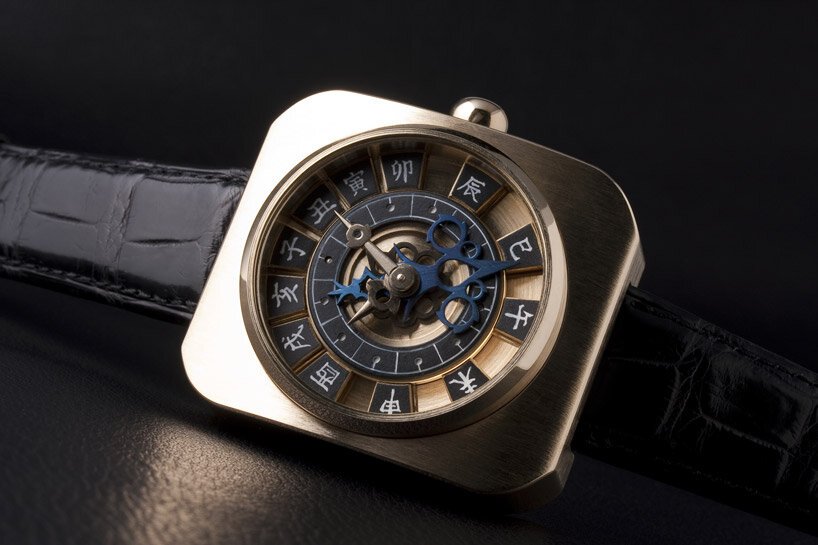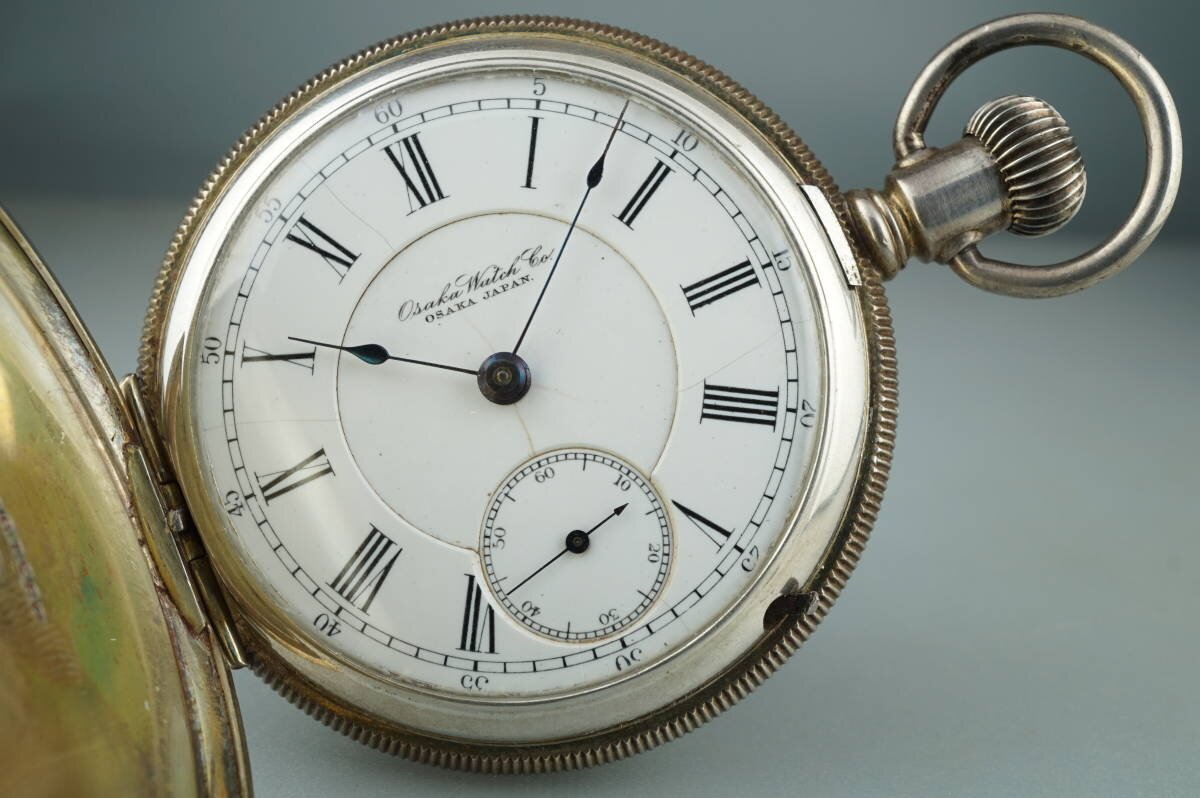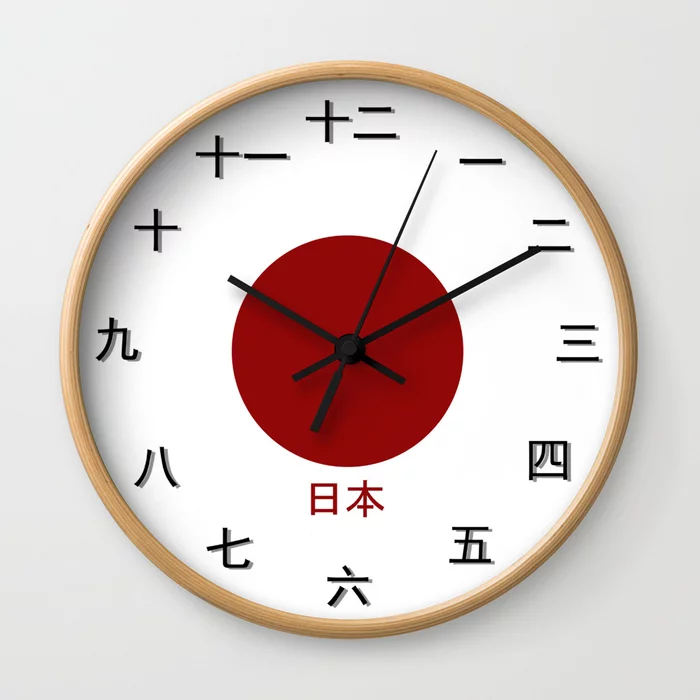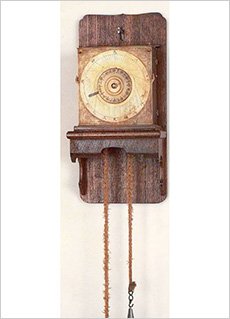Japanese clocks have long been celebrated for their precision, craftsmanship, and innovative design. Their influence extends beyond traditional boundaries, impacting modern timepieces in significant ways. This article explores the various ways Japanese clocks shape contemporary clock design, highlighting their impact on aesthetics, technology, and functionality.
Precision Engineering and Craftsmanship
The Legacy of Japanese Precision
Japanese clocks are renowned for their exceptional precision and reliability. Brands like Seiko and Citizen have set high standards in the watchmaking industry, emphasizing accuracy through meticulous engineering. This commitment to precision influences modern timepieces, inspiring manufacturers worldwide to adopt similar standards.
Japanese innovations in quartz movement, which revolutionized the watch industry, continue to impact modern clock design. Quartz technology offers unparalleled accuracy and has become a standard in contemporary timepieces. The success of Japanese quartz clocks demonstrates how precision engineering can set industry benchmarks.
Craftsmanship and Attention to Detail
Japanese clockmakers are known for their dedication to craftsmanship. Traditional techniques, such as intricate hand-carving and meticulous assembly, are integral to Japanese clock design. Modern timepieces often incorporate elements of this craftsmanship, blending traditional skills with contemporary technology.
The attention to detail observed in Japanese clocks serves as a model for modern designers. The focus on quality, durability, and aesthetics in Japanese timepieces influences how contemporary clocks are designed and manufactured. This legacy ensures that craftsmanship remains a key aspect of modern timepiece production.
Integration of Technology
Smart Technology and Innovation
The integration of smart technology in Japanese clocks is a significant trend influencing modern timepieces. Japanese clockmakers have been pioneers in incorporating technology into traditional designs, creating clocks that offer both functionality and advanced features.
Modern timepieces often feature smart technology inspired by Japanese innovations. From smartwatch capabilities to advanced timekeeping functions, the influence of Japanese clocks extends to digital and hybrid models. The emphasis on combining technology with classic design principles is a hallmark of Japanese innovation, shaping the future of timepieces.
Fusion of Analog and Digital
Japanese clockmakers are known for blending analog and digital elements, creating a harmonious fusion of traditional and modern. This approach influences contemporary clock design, where hybrid models combine the elegance of analog displays with the functionality of digital technology.
For example, some modern clocks feature analog hands alongside digital displays, providing a unique visual appeal and practical functionality. This fusion, pioneered by Japanese designers, reflects the desire to preserve traditional aesthetics while embracing technological advancements.
Minimalist Design Principles
The Influence of Zen Aesthetics
Minimalism, influenced by Zen philosophy, is a defining characteristic of Japanese design. The principles of simplicity, balance, and tranquility are evident in Japanese clocks, which often feature clean lines and understated elegance. This minimalist approach has a profound impact on modern timepiece design.
Contemporary clocks frequently adopt minimalist design elements inspired by Japanese aesthetics. The emphasis on simplicity and functionality resonates with modern consumers seeking elegant and unobtrusive timepieces. Japanese influence ensures that minimalist design principles continue to shape the visual language of modern clocks.
Use of Natural Materials
Japanese clocks often incorporate natural materials such as wood and stone, reflecting a deep connection to nature. This practice influences modern timepiece design, where the use of natural and sustainable materials is increasingly popular.
Designers draw inspiration from Japanese clocks to create timepieces that feature natural elements, enhancing both their aesthetic appeal and environmental sustainability. The integration of materials like bamboo, leather, and recycled metals in modern clocks reflects the enduring influence of Japanese craftsmanship and design philosophy.
Functional Innovation
Advanced Timekeeping Features
Japanese clocks are known for their functional innovation, with features such as advanced timekeeping mechanisms and unique display methods. These innovations extend to modern timepieces, which incorporate similar features to enhance accuracy and usability.
Modern clocks often include functions inspired by Japanese designs, such as atomic timekeeping, world time displays, and automatic adjustments. The influence of Japanese functional innovations ensures that contemporary timepieces offer precise and practical solutions for modern users.
Eco-Friendly Technologies
Sustainability is a growing concern in clock design, and Japanese clocks are at the forefront of incorporating eco-friendly technologies. Solar-powered clocks and energy-efficient designs are examples of how Japanese innovation addresses environmental issues.
The influence of these eco-friendly technologies is evident in modern timepieces, where sustainable practices are increasingly adopted. Solar-powered watches, for example, reflect the impact of Japanese advancements in creating timepieces that are both functional and environmentally conscious.

Cultural Impact and Global Influence
Global Appreciation of Japanese Design
Japanese clocks have gained global recognition for their unique design and technological advancements. This international appreciation has contributed to the widespread influence of Japanese design principles in modern timepieces.
Designers and manufacturers worldwide look to Japanese clocks for inspiration, recognizing their role in shaping contemporary clock aesthetics and functionality. The global influence of Japanese design ensures that its impact on modern timepieces continues to grow.
Collaboration and Cross-Pollination
Collaborations between Japanese clockmakers and international brands highlight the cross-pollination of design ideas and technologies. These partnerships result in timepieces that blend Japanese craftsmanship with global innovation, creating new and exciting designs.
Such collaborations demonstrate the ongoing influence of Japanese clocks on the global stage, where traditional expertise meets contemporary trends. The fusion of Japanese and international design elements enriches modern timepieces and expands their appeal.
Conclusion
Japanese clocks have a profound impact on modern timepieces, shaping their design, technology, and functionality. From precision engineering and craftsmanship to the integration of smart technology and minimalist aesthetics, the influence of Japanese clocks is evident across the industry. As clock design continues to evolve, the legacy of Japanese innovation and design principles will undoubtedly continue to inspire and influence the future of timepieces.




